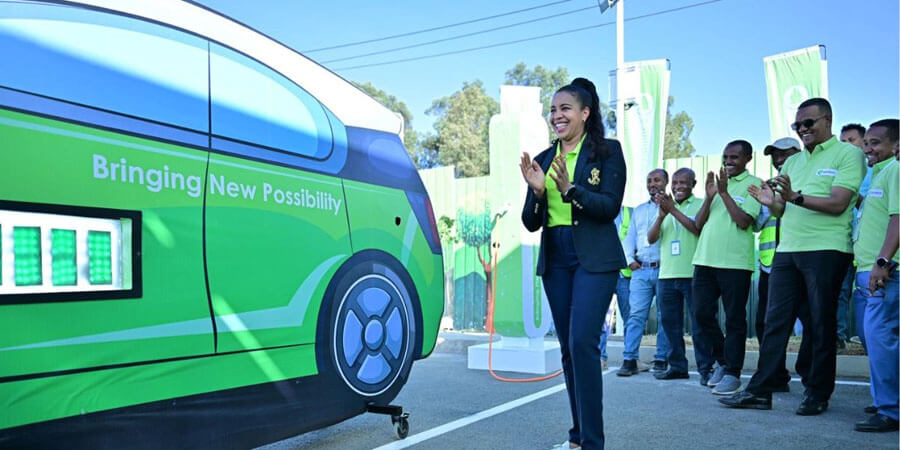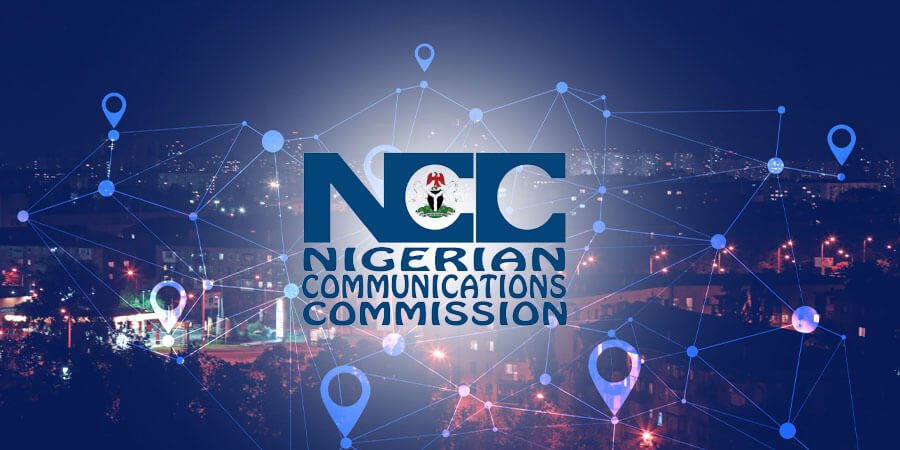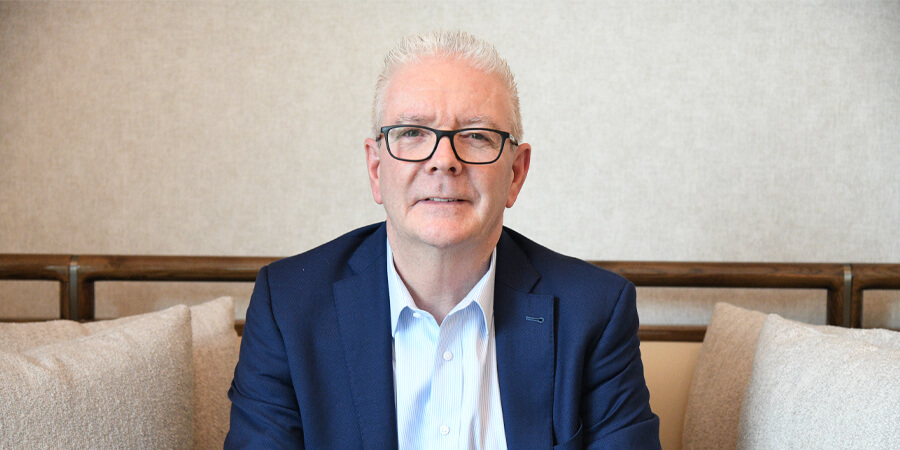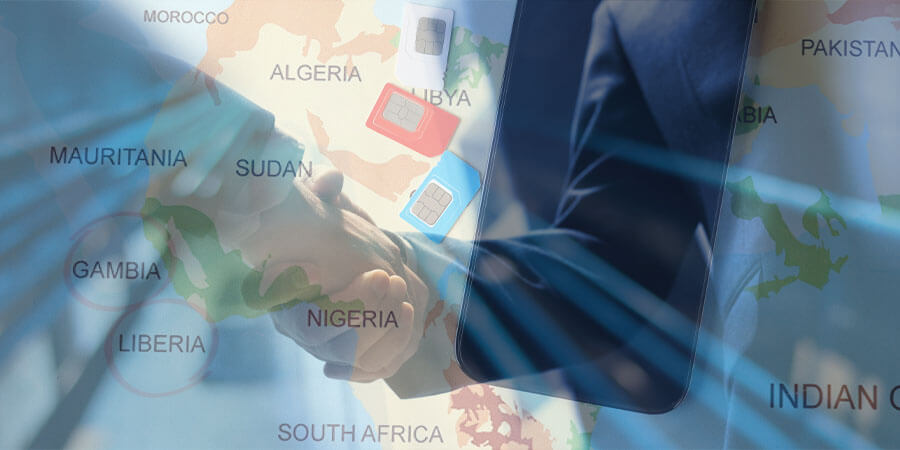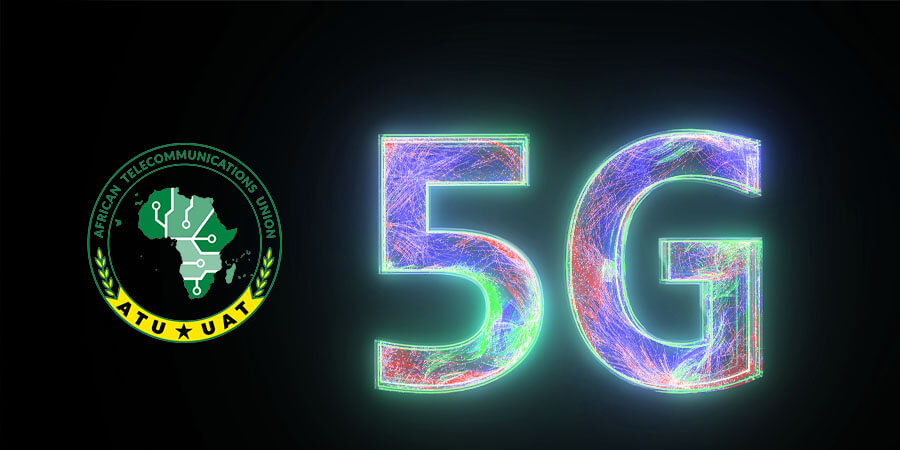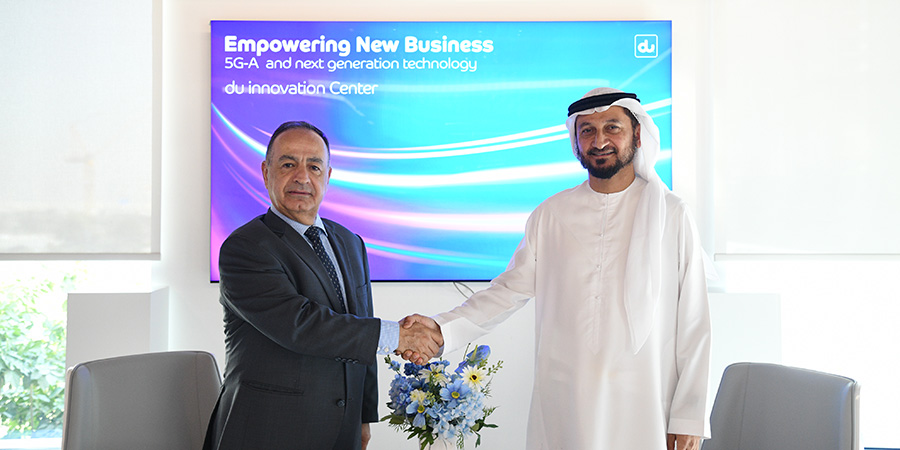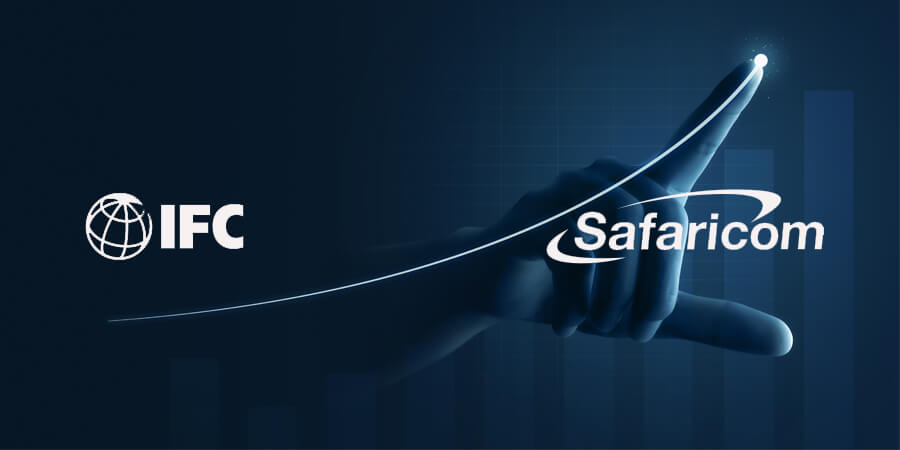World Bank Group's private sector, the International Finance Corporation (IFC), announced plans to invest up to US$160 million in Safaricom Telecommunications Ethiopia (STE), to enable the operator to finance its capital expenditures to provide quality telecom services in Ethiopia.
STE's mobile network rollout across the country will be supported by this investment, according to IFC, which also helps the company to meet the terms of its license, including specific targets for population coverage, geographic coverage, reasonable tariffs, universal accessibility and teledensity.
In July 2021, the Safaricom-led consortium acquired Ethiopia's first private global telecommunications license. Also, as part of its ten-year investment plan, the company has committed US$8 billion to the Ethiopian telecom market. It has announced that it has already invested US$1 billion, including license fees and investments in infrastructure and equipment.
"The project is expected to improve access to quality connectivity for individuals and businesses in Ethiopia, a country with significant connectivity gaps. This will be achieved through the deployment of fixed and mobile networks, including using a mix of 2G, 3G, 4G and 5G technologies, with the objective of rapidly increasing population coverage by 2029," the financial institution noted.













